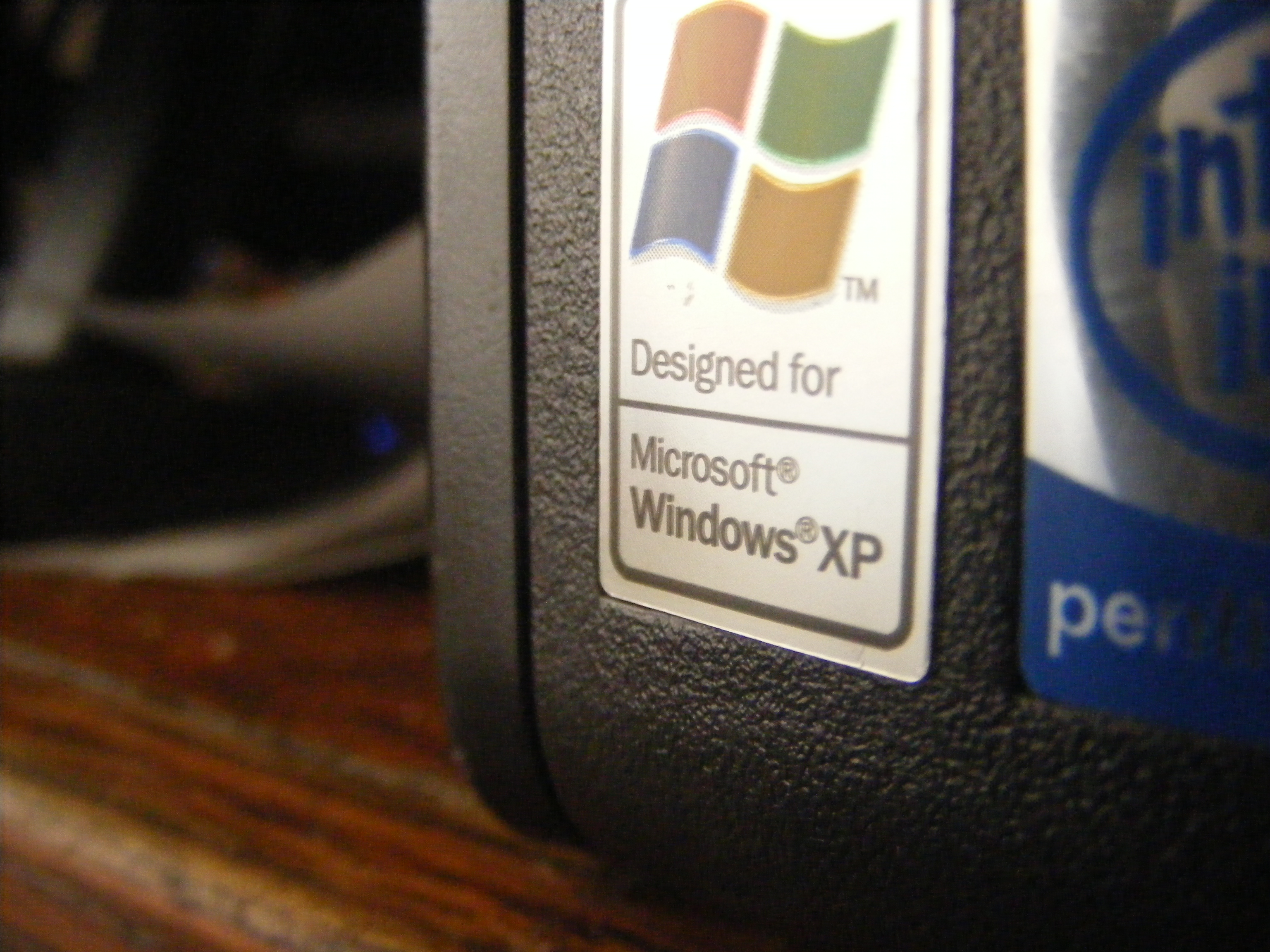It’s April Fools’ Day, and I’m not joking. But that doesn’t mean we can’t have some fun, by comparing and contrasting Apple old with Apple new. 🙂 Last night I posted to Betanews: “What 1984 Macintosh marketing reveals about iPad,” which is based in part on my April 2006 post “When Magazines Mattered,” about Apple buying all the ad pages—39 of them—in the Newsweek 1984 election issue. Magazines mattered to Apple for promoting Macintosh during its launch year. Now iPad matters to magazines, for which some publishers hope to turnaround sagging readership (and ad revenues). Ha, who’s paying whom now?


